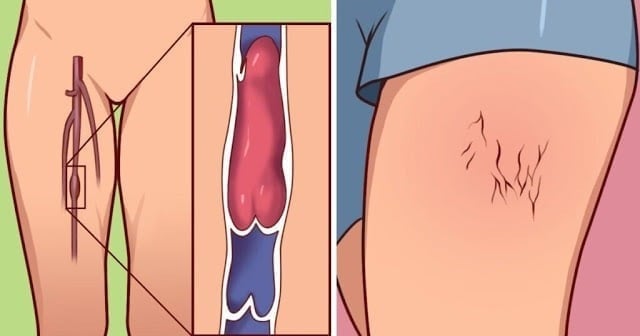Also known as edible baking soda or sodium bicarbonate, this is a true fairy powder! This powder can be as useful in the kitchen as it is for house care and laundry, and it can also be a true beauty asset. The many natural recipes for scrubs, masks and various treatments based on this white powder available on the net can attest to this. However, one thing splits it: this baking soda shampoo recipe! So admittedly, it doesn't contain chemicals or surfactants, but what effect does it have on the hair fiber? Here's what you need to know about this grandmother's formula.
Baking soda shampoo impacts
This is especially important with ingredients such as silicone, which have a clogging effect on the hair. In short, it allows for a deeper cleaning, especially for oily hair that suffers from excess sebum. Thus the hair starts again from scratch and is ready to receive care. Some people also think that it makes hair grow faster, but unlike other natural products (castor oil, coconut, argan, etc.), it is not the most effective and indicated option!
However, this product raises the scales of the hair and reduces its ability to retain moisture. Makes hair dry quickly. This also explains why hair becomes dull over time: the skin becomes less smooth and there is less light! Finally, baking soda shampoo can be a bit harsh for some hair types. Brittle, shiny and damaged hair guarantee...
Why should you be wary of baking soda shampoo? This is the opinion of dermatologists!
bicarbonate-shampoo
Baking soda is a basic ingredient with a pH of 9. And it's that pH that makes the difference. This actually makes it an abrasive on the hair. Plus, since the scalp's pH is naturally 5.5 (slightly acidic), this chemical imbalance isn't without consequences. This causes redness, irritation, inflammation and itching. In short, washing your hair with it will not only damage the lengths but also cause damage to the scalp in the long run.
Unfortunately, doing an apple cider vinegar rinse (pH around 3) at the end of your shampoo doesn't balance out the damage from bicarbonate! As a result, many dermatologists agree on the importance of not using baking soda. In general, they recommend using shampoos that have a pH close to the hair's pH or a neutral pH. However, you can continue to use apple cider vinegar.
In the end, should baking soda be banned from your hair routine?
bicarbonate shampoo
Should you stop adding baking soda to your shampoo or mixing it with water to make homemade shampoo? Since it is still effective in purifying hair, there is no need to give it up completely. On the other hand, it is necessary to leave a distance of each use for a few weeks. 6 to 8 weeks between each use is sufficient to benefit from its effects without damaging the scalp. You can also use it as a dry shampoo every now and then with a few drops of ylang-ylang essential oil.







